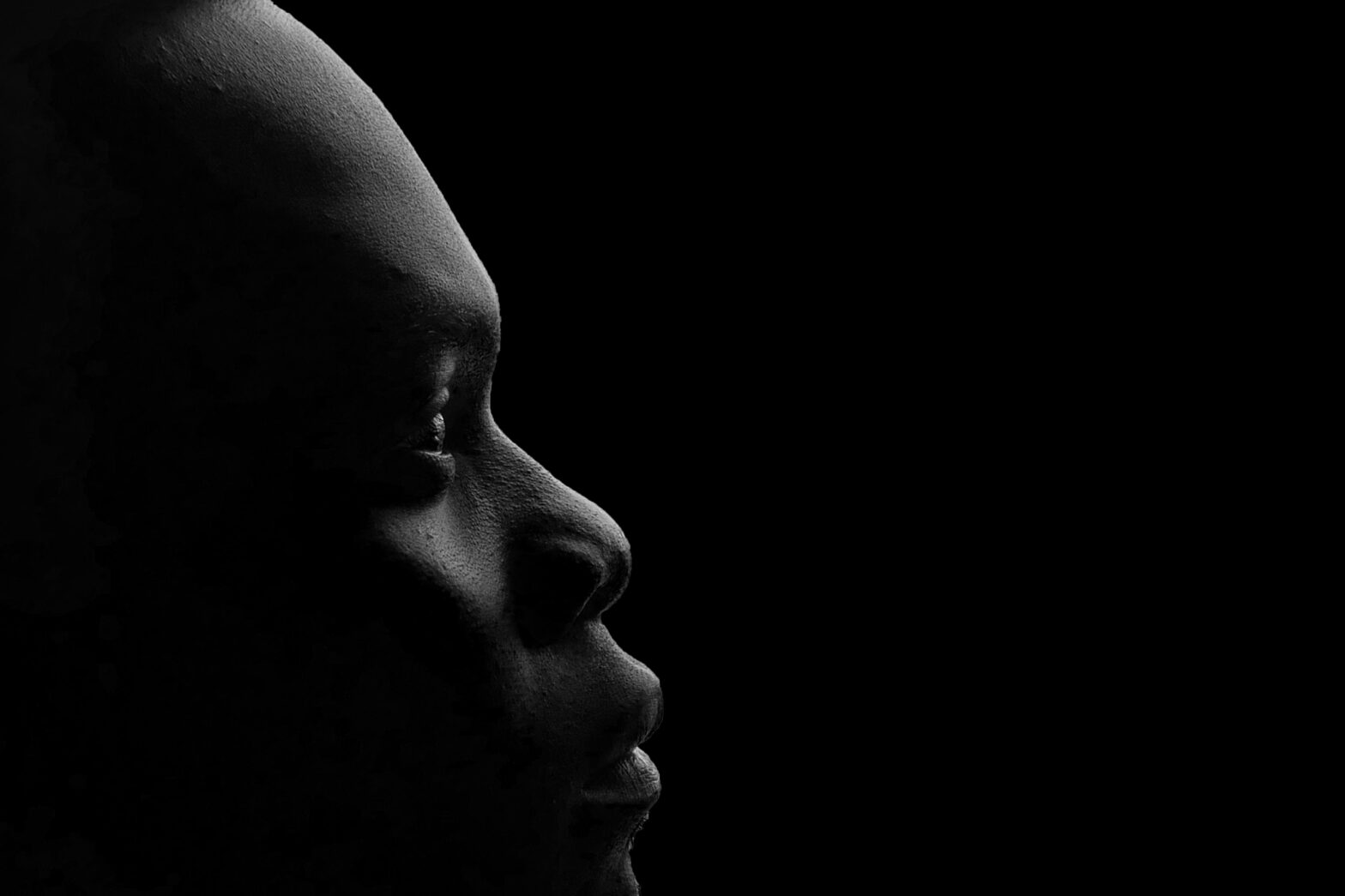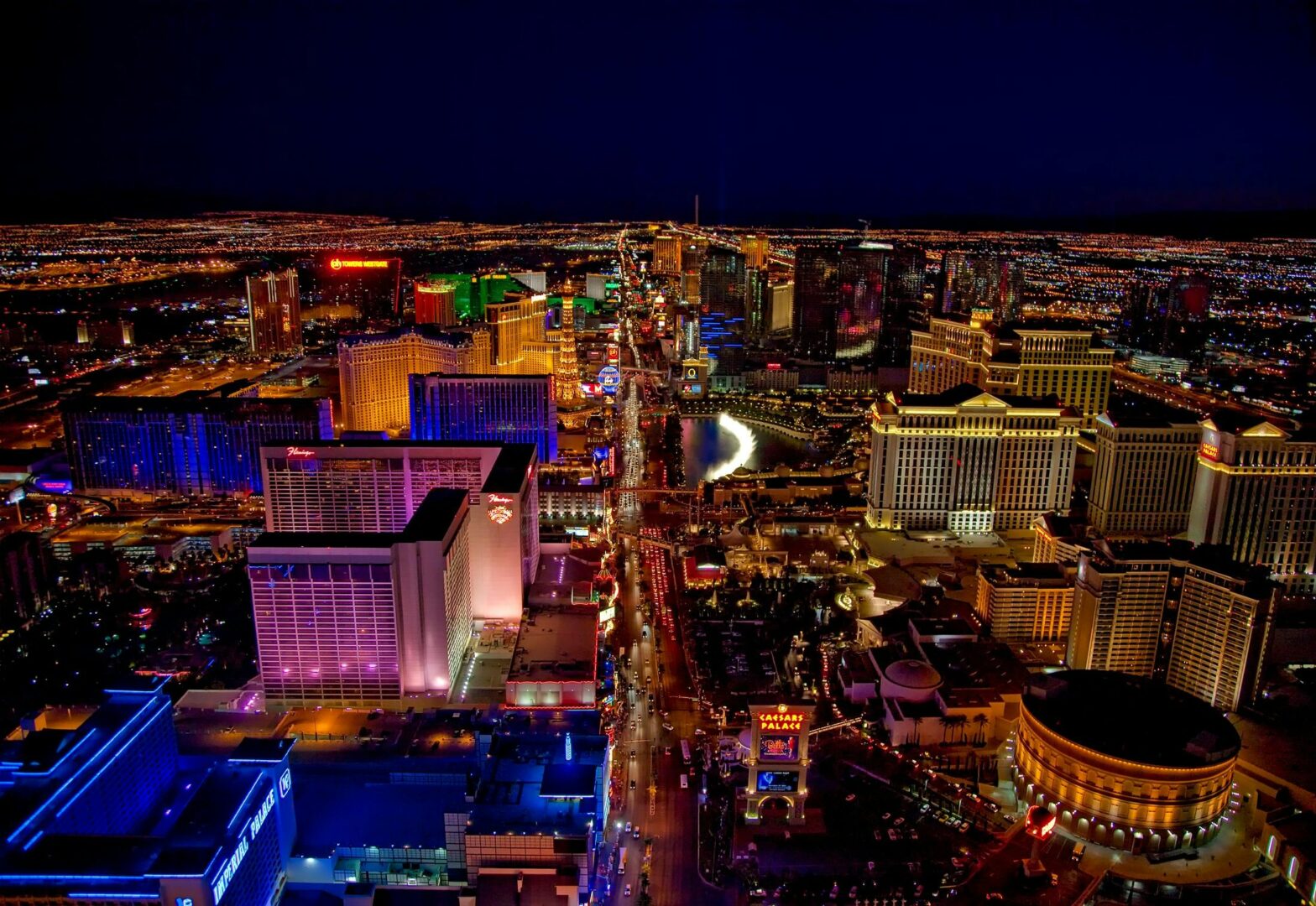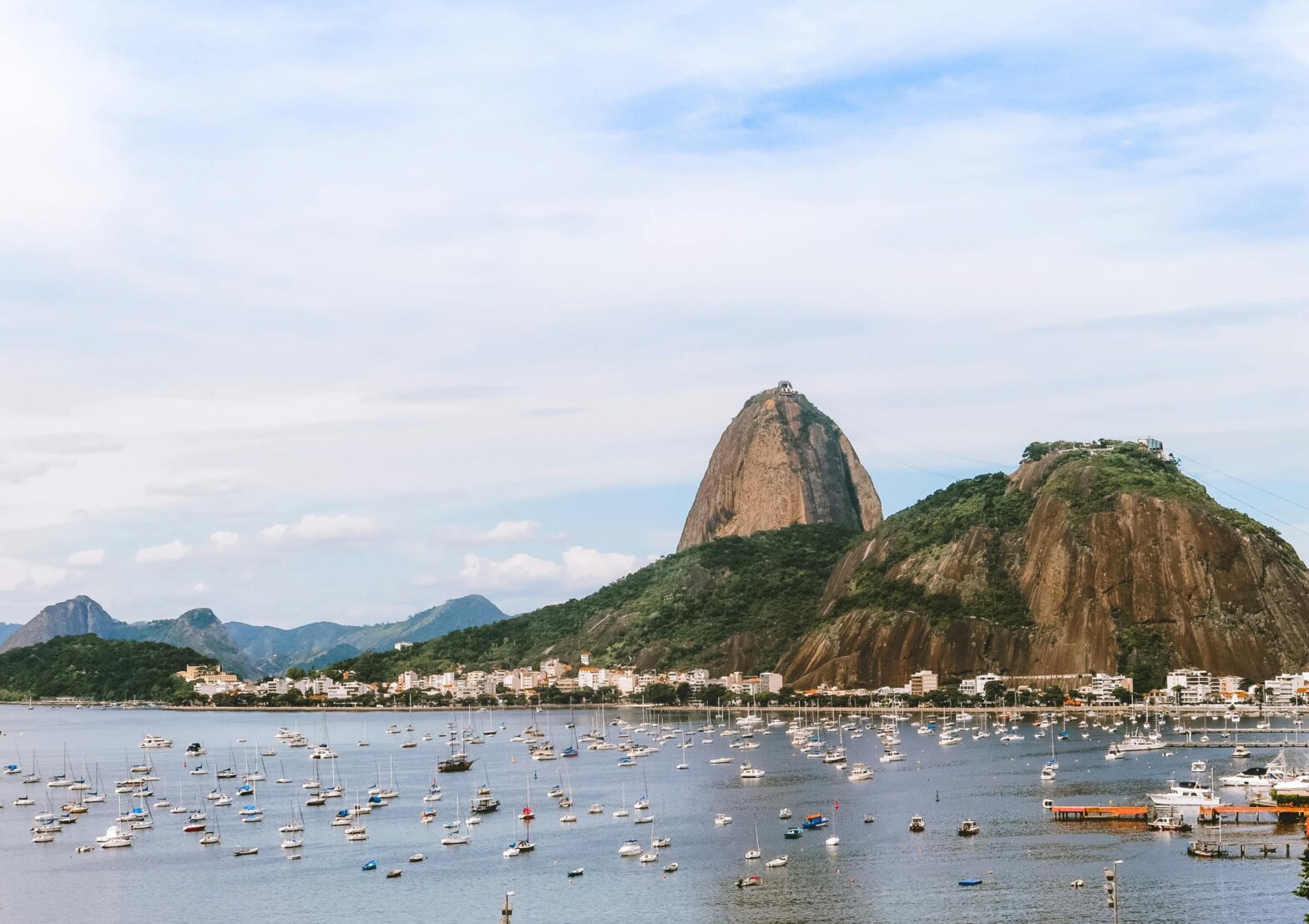A Twitter group called Tonight We Riot tweeted, “the U.S. is invading Haiti. It’s not on the news. At all.”
As expected, this sparked animated discussion. Twitter users demanded to see sources, some took issue with the verbiage, and others expressed total lack of surprise considering that the U.S. has looked down its nose at Haiti for ages. Even after the island earned independence, the U.S. didn’t even acknowledge it as a country for “sixty years,” according to Brown University.
Upon learning of the Haitian Revolution, “the U.S. was frightened because it threatened its economic interests.” The very notion that slaves in the U.S. might be inspired to rise up was too terrible for slave owners to fathom. Therefore, they did all they could to keep the slaves in the dark about exactly what was happening in Haiti.
Unfortunately, Haiti is no stranger to social and political strife, to say nothing of natural disasters. But the strength of its people in spite of these constant challenges is remarkable, starting from its earliest days as the first Black republic.
Here are some specifics regarding the recent news.
What Did Twitter Users Say?
Responses from the Twitterverse varied.
“Oh cool,”@IonnusPaulus wrote sarcastically. “Another instance of our second national past time.”
In similar spirit, @UN_Americans wrote, “It’s not an invasion when we do it, silly. It’s humanitarian intervention.”
Is It An Actual Invasion?
Social Unrest Isn't The Only Issue
NPR quotes The Pan American Health Organization as follows: “there are more than 560 suspected cases of cholera, some 300 hospitalizations and at least 35 deaths, with experts warning the numbers are likely much higher than what is being reported.”
The U.S. State Department insists its intentions are just.
It says, “the equipment will assist (Haiti’s National Police) in their fight against criminal actors who are fomenting violence and disrupting the flow of critically-needed humanitarian assistance, hindering efforts to halt the spread of cholera.”
A spike in the cost of gas is also a huge problem.
After Henry announced that “his administration could no longer afford to subsidize fuel,” a series of gas stations, hospitals and grocery stores either shut down or had to limit their services.
NPR reports, “armed men broke into a fuel terminal for the second time this week. It stored more than 10 million gallons of gasoline and diesel and more than 800,000 gallons of kerosene.”
Haiti Has Been Under The Boot Of Foreign Nations Before
The French brutally colonized Haiti, until the island overthrew them and declared independence in 1804.
France said it wouldn’t invade Haiti again if the island paid hefty taxes. It was clearly a spiteful move, and it took Haiti many years to settle those debts.
Forbes reports, “for the ‘crime’ of shaking off the yoke of involuntary servitude, Haiti dutifully paid France reparations over the course of nearly six generations – with interest.” This explains why the island is “chronically insolvent.”
The Island Has Had A Rocky Year
In July 2021, former Haitian President, Jovenel Moïse, was assassinated in his home in Port au-Prince. His wife, Martine Moïse, was shot as well, but lived.
AP News reports, “gang demands are nothing new in Haiti, and they have grown more powerful since the July 2021 assassination.”
In addition to political corruption, the island struggles with economic instability, poor infrastructure and the effects of deforestation.





